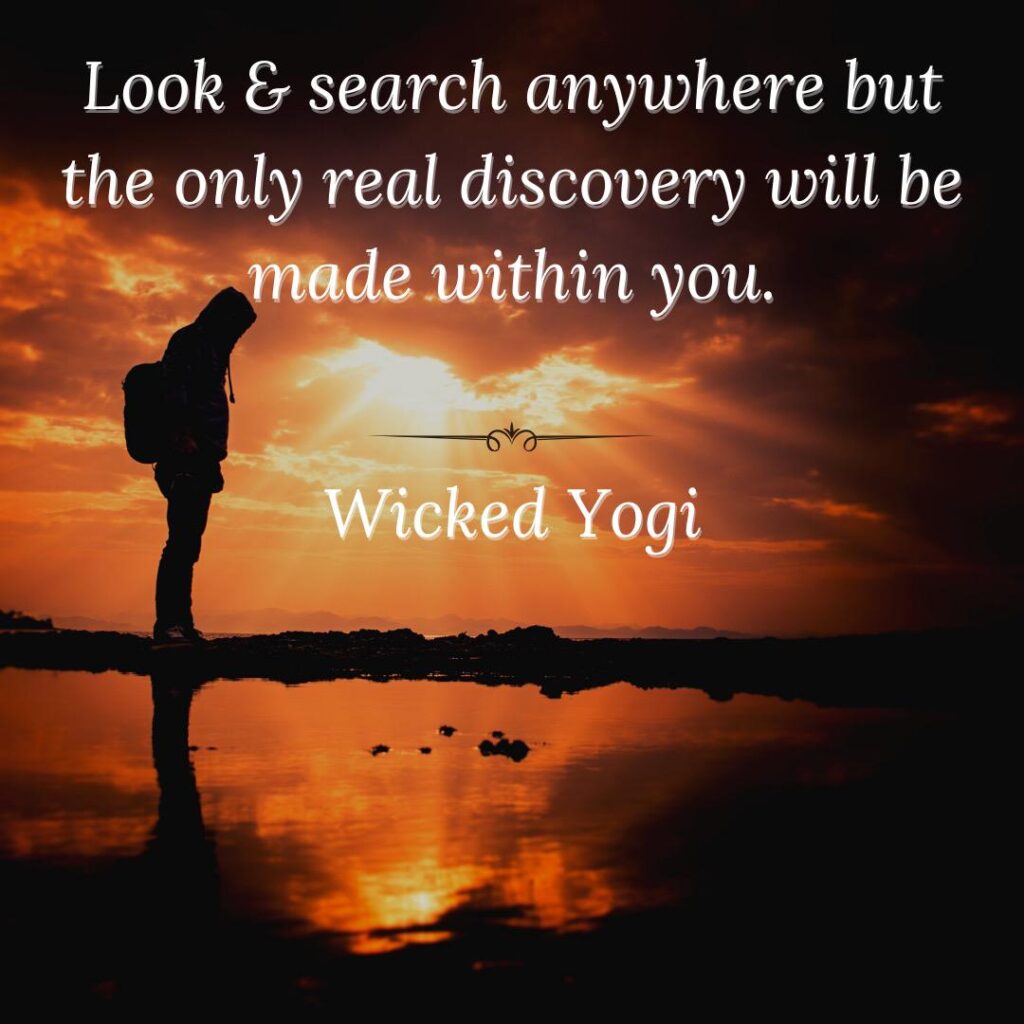In a world that is constantly evolving, it is fascinating to observe how some ideas, beliefs, and practices seem to endure, even when they no longer serve their original purpose or align with our current understanding of reality. This unyielding resistance to change, particularly when it comes to deeply ingrained notions such as religious morality, can often hinder our progress as individuals and as a society.
One of the most striking examples of this phenomenon is the way in which our moral compass has shifted over time. As humans have evolved, so too have our values and beliefs about what constitutes right and wrong. What was once considered acceptable behavior centuries ago, such as slavery, subjugation of women, or cruel and unusual punishments, is now widely recognized as abhorrent and inhumane. However, despite this clear shift in our collective conscience, many people continue to cling to outdated ideas of morality, often rooted in religious doctrine or tradition. They may argue that these beliefs are immutable, handed down from a higher power, and therefore immune to the changing tides of human progress. But is this really the case?
"This unyielding resistance to change, particularly when it comes to deeply ingrained notions such as religious morality, can often hinder our progress as individuals and as a society."
When we look at the way in which religious texts have been interpreted and applied throughout history, it becomes clear that even the most seemingly timeless ideas have undergone significant changes over time. The Bible, for example, has been used to justify everything from slavery to the subjugation of women, and yet today, most Christians would recoil at the idea of using scripture to defend such practices. Similarly, in Hinduism, the caste system has been a pervasive and deeply entrenched social hierarchy for centuries, justified by the belief that one's social standing is determined by their karma and actions in previous lives. However, in modern times, many Hindus have come to reject this system as outdated and unjust, recognizing that it is incompatible with the values of equality and human dignity. In Islam, the practice of triple talaq, which allows a man to instantly divorce his wife by saying "talaq" three times, has been a subject of much controversy and debate, with many Muslim-majority countries moving to ban or restrict this practice, recognizing that it is out of step with contemporary values and understanding of gender equality.
The tenacity of these antiquated notions can be likened to an obstinate stain on a piece of cloth. No matter how many times you wash it, the stain remains, deeply embedded in the fabric. Similarly, these outdated concepts are so deeply ingrained in our collective psyche that they can be incredibly difficult to remove, even in the face of overwhelming evidence that they are no longer valid or relevant. Another analogy that comes to mind is that of a tree with deep roots. These antiquated ideas are like the roots of a tree that have grown deep into the soil over many years. Even if the tree is no longer bearing fruit or providing shade, the roots remain, holding fast to the earth and refusing to let go. In order to remove the tree, one must dig deep and cut through the thick, tangled web of roots, a process that can be both difficult and painful.
"This unyielding resistance to change, particularly when it comes to deeply ingrained notions such as religious morality, can often hinder our progress as individuals and as a society.”
This raises an important question: if our understanding of morality can evolve within the context of religion, why do so many people resist the idea that their long-held beliefs may no longer be valid? The answer, in many cases, may lie in the deep-seated human desire to avoid cognitive dissonance and maintain a sense of certainty in an uncertain world. When we are confronted with evidence that challenges our beliefs, it can be deeply unsettling. It forces us to question everything we thought we knew and to grapple with the possibility that we may have been wrong. For many people, this is simply too much to bear. They would rather cling to their outdated ideas, even in the face of overwhelming evidence to the contrary, than admit that they may have been mistaken.
But what makes this aversion to change even more perplexing is the fact that, in most cases, the ideologies we cling to so fiercely were not even of our own creation. We inherited them by virtue of our birth, our geographical location, or the cultural context in which we were raised. And yet, we are willing to fight tooth and nail to defend these beliefs, even to the point of making them a matter of life and death. This is a tragic irony of the human condition. We are so attached to the ideas and beliefs that we have inherited, even when they no longer serve us or align with our current understanding of the world, that we are willing to go to extreme lengths to defend them. We will argue, fight, and even kill in the name of these beliefs, all the while failing to recognize that they are not truly our own.
To illustrate this point, consider the story of Galileo Galilei, the Italian astronomer and physicist who first proposed the idea that the Earth revolves around the sun. This notion was in direct opposition to the prevailing belief of the time, which held that the Earth was the center of the universe and that all celestial bodies revolved around it. Despite the overwhelming evidence that Galileo presented in support of his theory, the Catholic Church condemned him as a heretic and forced him to recant his views under threat of torture and death. This example serves as a powerful reminder of the lengths to which people will go to defend their outdated beliefs, even in the face of clear and compelling evidence to the contrary. It also highlights the deep-seated fear and insecurity that can drive this resistance to change, as those in power seek to maintain their grip on the status quo.
"The answer, in many cases, may lie in the deep-seated human desire to avoid cognitive dissonance and maintain a sense of certainty in an uncertain world."
But what are the consequences of this aversion to change? In many cases, it can lead to a kind of moral stagnation, where individuals and societies become stuck in patterns of behavior and belief that are no longer serving them. It can also lead to conflict and division, as those who cling to outdated ideas come into conflict with those who are trying to move forward. Moreover, this resistance to change can have serious implications for our ability to address the complex challenges we face as a species. From climate change to social inequality, the problems of the 21st century require us to be adaptable, open-minded, and willing to question our assumptions. If we are unable to do this, we risk being left behind as the world moves forward without us.
Take, for example, the ongoing debate around climate change. Despite the overwhelming scientific evidence that human activity is contributing to the warming of our planet, there are still those who refuse to accept this reality. They cling to outdated notions of unlimited economic growth and the belief that the Earth's resources are infinite and inexhaustible. As a result, they resist efforts to shift towards more sustainable practices and technologies, putting our entire species at risk.
So what can we do to overcome this tenacious grip of antiquated notions? The first step is to recognize that change is inevitable, and that our beliefs and values must evolve alongside our understanding of the world. This doesn't mean that we have to abandon all of our deeply held convictions, but rather that we must be willing to examine them critically and to adjust them when necessary. We must also cultivate a sense of humility and openness, recognizing that we don't have all the answers and that our understanding of the world is always incomplete. This means being willing to listen to others, to consider new perspectives, and to change our minds when presented with compelling evidence.
"We must also cultivate a sense of humility and openness, recognizing that we don't have all the answers and that our understanding of the world is always incomplete."
Imagine, for a moment, a world in which we approached every conversation and interaction with this sense of humility and openness. Instead of clinging to our own beliefs and opinions, we would be willing to listen to others and to consider the possibility that we might be wrong. We would approach disagreements not as battles to be won, but as opportunities to learn and grow. In such a world, the tenacious grip of antiquated notions would begin to crumble, as we collectively work towards a more nuanced and evolving understanding of the world around us.
Finally, we must be willing to have difficult conversations and to confront the ways in which our beliefs may be contributing to harm or holding us back. This can be uncomfortable, and it may require us to admit that we were wrong in the past. But it is only by doing this that we can hope to create a more just, compassionate, and sustainable world for ourselves and for future generations. We can look to the example of South Africa's Truth and Reconciliation Commission as a model for how to engage in these difficult conversations. In the aftermath of apartheid, the Commission brought together perpetrators and victims of violence in a spirit of honesty, forgiveness, and reconciliation. By creating a space for people to share their stories and to acknowledge the harm that had been done, the Commission helped to heal deep wounds and to lay the foundation for a more just and equitable future.
In a world that is changing faster than ever before, the stubborn persistence of outdated Ideas is a major obstacle to progress. But by recognizing that these ideas are not truly our own, by embracing change, cultivating humility, and being willing to question our assumptions, we can overcome this obstacle and create a better future for all. It won't be easy, but it is essential if we want to continue to evolve and thrive as a species, regardless of our religious or cultural background.
"By recognizing that these ideas are not truly our own, by embracing change, cultivating humility, and being willing to question our assumptions, we can overcome this obstacle and create a better future for all."
In the end, the key to progress lies in our willingness to engage in honest introspection, to examine our beliefs and values with a critical eye, and to be open to the possibility of change. Only by doing this can we hope to break free from the shackles of outdated ideas and to create a world that is truly just, compassionate, and sustainable for all.




